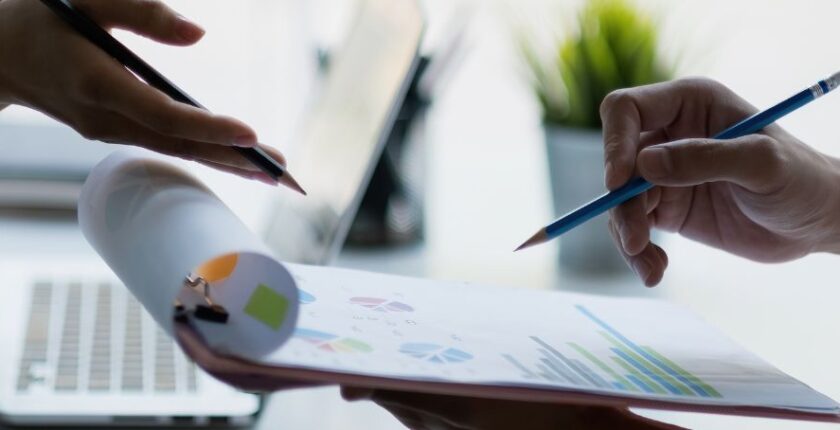Building a Career in Spa Management: Your Roadmap to Success
A career in spa management combines a passion for wellness with skills in business operations, customer service, and team leadership. Spa managers oversee daily operations, ensuring clients receive excellent care and the business runs efficiently. Here’s a roadmap to help you launch and excel in this rewarding field.
1. Education and Specialized Training
While formal education is not always required, a degree in hospitality, business management, or a wellness-related field provides a strong foundation. Some institutions offer certifications specifically in spa management, which can give you an edge in a competitive job market. These programs cover essential topics such as spa operations, financial management, and customer service, preparing you for the unique challenges of the industry.
2. Developing Key Skills
A successful spa manager needs to be proficient in both hard and soft skills. Hard skills include business acumen, such as budgeting, scheduling, and inventory management, as well as knowledge of wellness practices and therapies. Soft skills, like effective communication, leadership, and customer service, are crucial for building a positive team culture and ensuring client satisfaction. Additionally, familiarity with software systems for booking and customer management is essential in today’s digital world.

3. Gaining Hands-On Experience
Practical experience is invaluable in spa management. Working as a receptionist, spa attendant, or wellness therapist can give you insight into day-to-day operations and client expectations. This experience also allows you to develop relationships with clients and coworkers, understanding the dynamics of a wellness environment firsthand. Many spa managers start their careers in entry-level roles, gradually working their way up as they gain knowledge and skills.
4. Networking and Professional Growth
The wellness industry is interconnected, and building a strong network can open doors to new opportunities. Attending industry events, wellness expos, and networking with other professionals can help you learn about trends, gather insights, and build relationships. Joining professional organizations, such as the International Spa Association (ISPA), provides access to valuable resources, industry news, and professional development courses.
5. Staying Current with Industry Trends
Spa clients seek innovative treatments, so staying up-to-date with wellness trends is essential. Trends such as sustainable practices, technology integration, and holistic health approaches are increasingly popular. By keeping informed about these developments, you can ensure your spa offers relevant, high-demand services, helping the business attract and retain clients. Regularly attending workshops, seminars, and wellness courses also keeps your knowledge fresh and your skills sharp.

6. Emphasizing Client Satisfaction and Team Building
The client experience is the heart of spa management. Successful spa managers focus on creating a welcoming, relaxing environment that encourages repeat visits. Effective team management is equally important; a motivated and skilled team leads to better service and improved client satisfaction. Regularly training staff on new techniques and prioritizing their well-being can create a positive work atmosphere, fostering loyalty among employees and clients alike.
A career in spa management offers a blend of wellness, hospitality, and leadership. By building expertise, staying informed, and prioritizing client and team satisfaction, you can develop a successful and fulfilling career in this vibrant industry.


